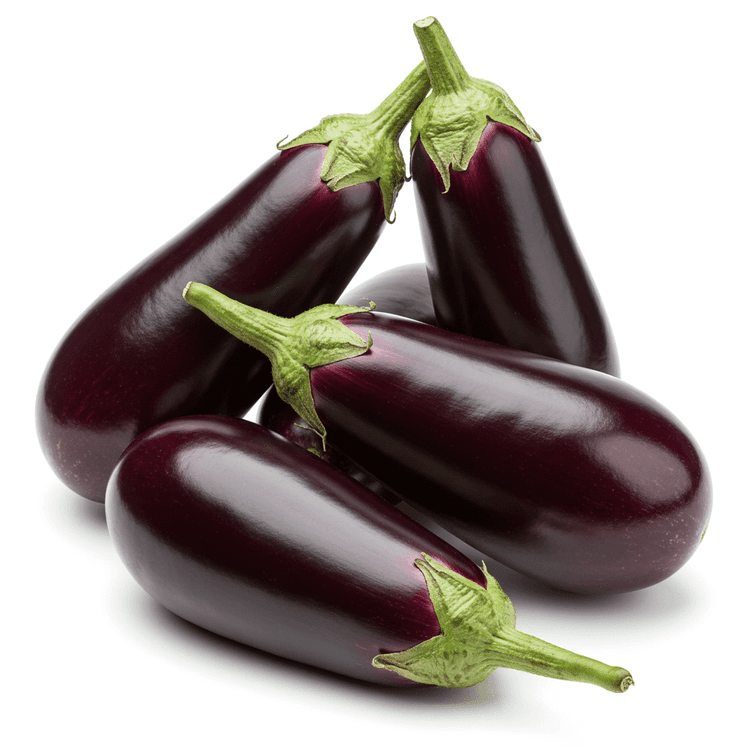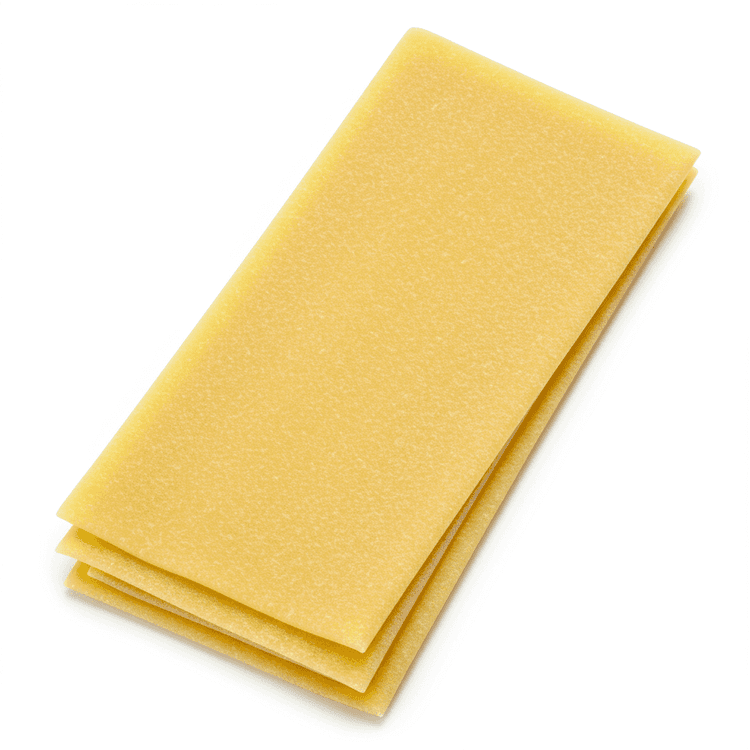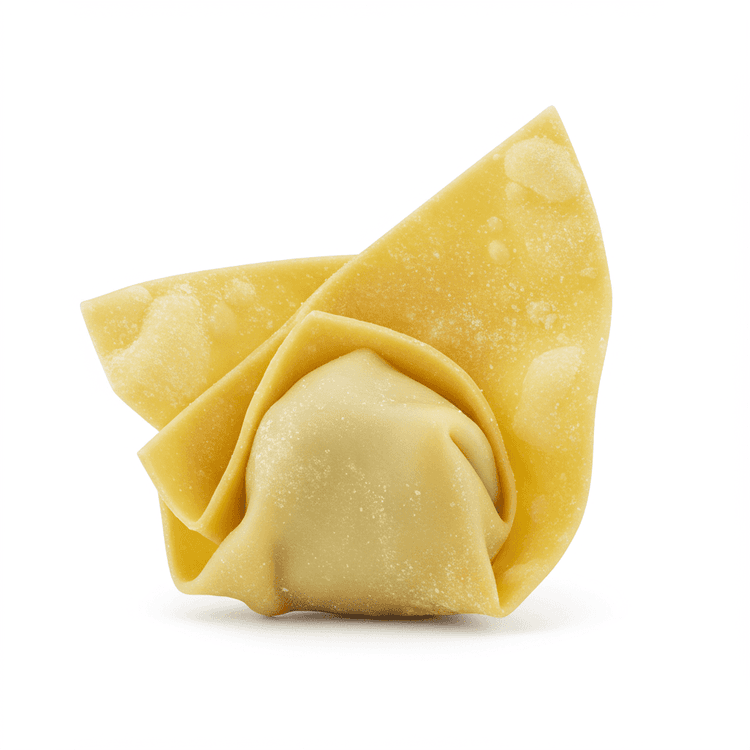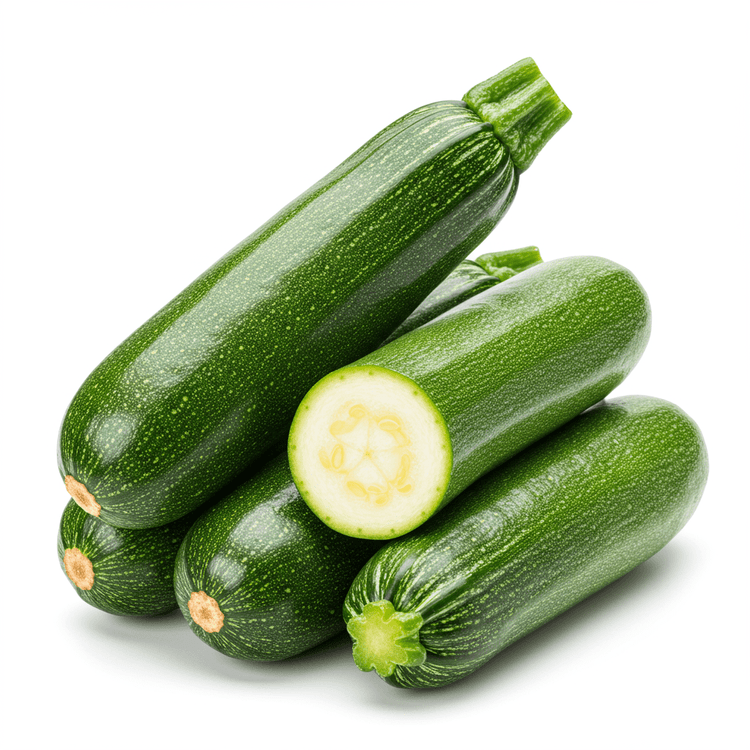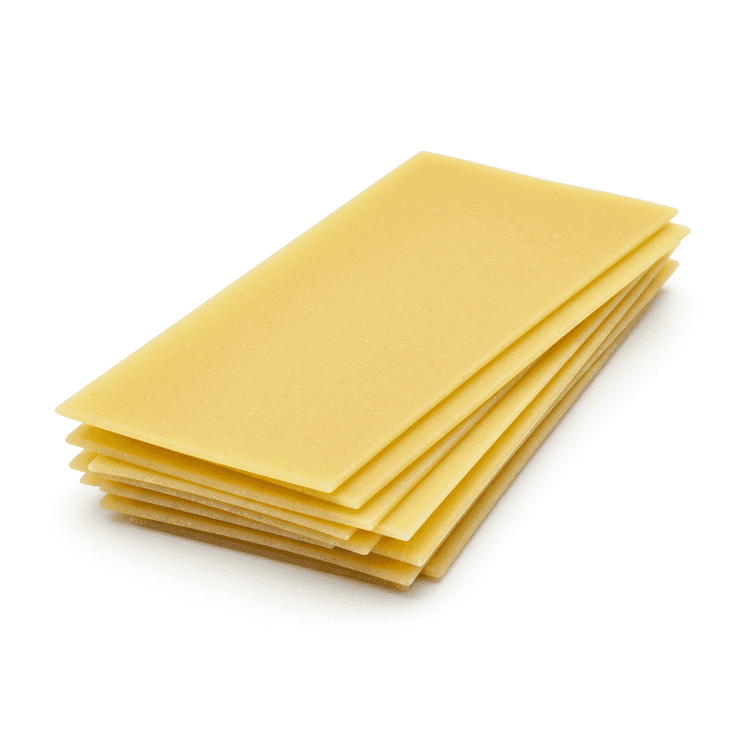
Lasagna Noodle
Lasagna noodles are wide, flat pasta sheets, typically made from durum wheat semolina. These sturdy noodles are essential for making the classic layered lasagna dish. Their smooth texture and neutral flavor provide a perfect base for rich sauces, cheeses, and fillings. Dried lasagna noodles are commonly available, requiring pre-cooking or the use of no-boil varieties to soften them during the baking process. Fresh lasagna noodles offer a more delicate texture and cook more quickly, adding a tender bite to the final dish. Discover the perfect lasagna noodle for your next culinary creation.
Common Uses
- Creating layered pasta dishes: Lasagna noodles are used to build up layers of sauce, cheese, vegetables, and meat. They are the main structural component of the dish.
- Baking in casseroles: Lasagna noodles can be broken into smaller pieces and used in various baked pasta casseroles, providing a hearty texture.
- Making pasta bakes: Beyond traditional lasagna, these noodles can be incorporated into other pasta bakes with diverse sauces and toppings to achieve a unique pasta bake dish.
- Preparing filled pasta rolls: Cooked lasagna noodles can be rolled around cheese, meat, or vegetable fillings, then baked with sauce for an elegant and tasty appetizer or main course.
- Making lasagna soup: Lasagna noodles, when broken into pieces, can be added to a hearty lasagna soup with typical lasagna ingredients like meat, tomatoes, and cheese for a warm meal.
Health Benefits
- Provides carbohydrates for energy.
- Can be a source of fiber, especially whole wheat varieties, supporting digestive health.
- May contain iron, important for red blood cell production and preventing anemia.
- Whole wheat options contribute to a feeling of fullness, potentially aiding in weight management.
- Fortified lasagna noodles can offer added vitamins and minerals.
Substitutes
Chefadora AI is here.
Experience smarter, stress-free cooking.
Storage Tips
Uncooked lasagna noodles should be stored in a cool, dry place in their original packaging or an airtight container to protect them from moisture and pests. Properly stored, they can last for a year or more past the printed expiration date. Cooked lasagna noodles can be stored in the refrigerator in an airtight container for up to 3-5 days. To prevent sticking, lightly coat them with oil before storing.
Marnirni-apinthi Building, Lot Fourteen,
North Terrace, Adelaide, South Australia, 5000
Australia
